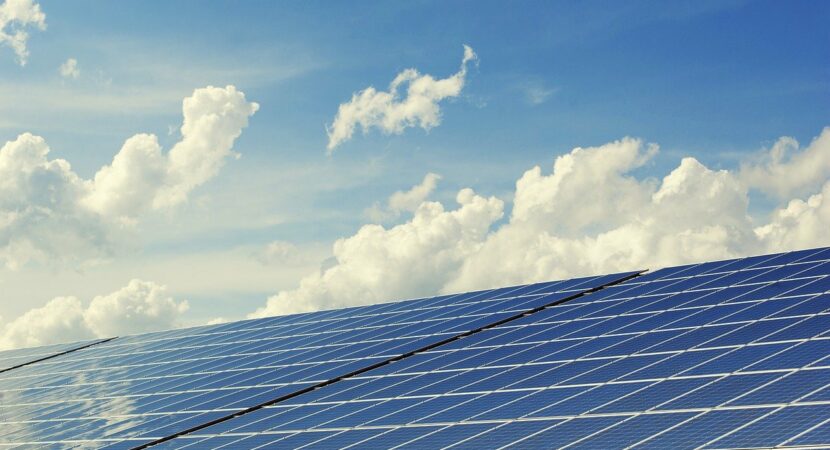
Although its capacity has doubled worldwide in recent years, solar energy is still the fifth in Brazil's energy matrix.
Solar energy became, in this month of May, the second most used source of energy in the world, second only to hydroelectricity.
The conquest of the solar sector is due to accelerated growth: during the last three years, the world's solar energy capacity has doubled, according to information from the report "Global Market Outlook for Solar Power 2022-2026", made by SolarPower Europe - European association of the solar sector.
Now, the pace must remain accelerated. The installed capacity of solar energy has reached the mark of one terawatt, and there is a forecast that this number will double again in the next four years. Thus, the new level would be equivalent to more than the sum of consumption in Germany and France, two of the largest European economies.
In Brazil, on the other hand, the panorama is different, given that, although it continues to grow at an accelerated rate, solar energy is only the fifth in the energy matrix and the third among renewable sources, with only 2,8% share, according to data from the National Electric System Operator (ONS).
Ronaldo Koloszuk defends the propagation of the solar source in Brazil and accuses Aneel of not prioritizing it in its auctions
Under this bias, Ronaldo Koloszuk – chairman of the board at Absolar – points out that solar energy has the advantage of being cheaper compared to other sources, in addition to being able to be implemented more quickly than the others. However, in his analysis, what is missing for Brazil to make greater progress in this energy segment is for it to be favored in the electricity auctions held by Aneel.
According to Koloszuk, solar energy costs 10 times less than thermal sources and has been growing exponentially. He declares that, in a short time, the solar sector will surpass biomass and, in less than five years, solar energy will occupy the second position in the energy matrix of Brazil. In addition, Absolar's chairman also added that, according to Bloomberg's projection, in 20 years solar energy will be the main source of energy in the country, since it is the fastest growing in the world.
Brazil reaches milestone of one million installed systems for own production of solar energy on roofs and small plots
The data presented, however, do not take into account the own production of solar energy on roofs and small plots distributed throughout Brazil. In May, the mark of one million installed systems was reached, according to a survey carried out by the Brazilian Association of Photovoltaic Solar Energy (Absolar), in association with the National Electric Energy Agency (Aneel).
Koloszuk considers that the first million installed systems should be celebrated, however he believes that the value is still discreet compared to the dimensions of the energy sector in Brazil, which consists of the 13th largest solar producer in the world, ranking led by China.
The chairman of the board at Absolar says that it is very common for a system to be installed in one or two days on the roofs, although it often takes distributors three to four months to connect them to the networks, which represents a widespread problem. For him, it would be essential for Aneel to take measures and enforce the law, so that these systems can soon generate clean energy and everyone involved benefits.













Cade helps RS, for Madono 60…
Even the F15s had a grip on the Gripen…
It’s more of the same VW being VW…
I'm interested
My husband is passionate about Monza,…
It's the best that the bankrupt left...
You have to be careful... "When you see it...
Which source did you read from, that…